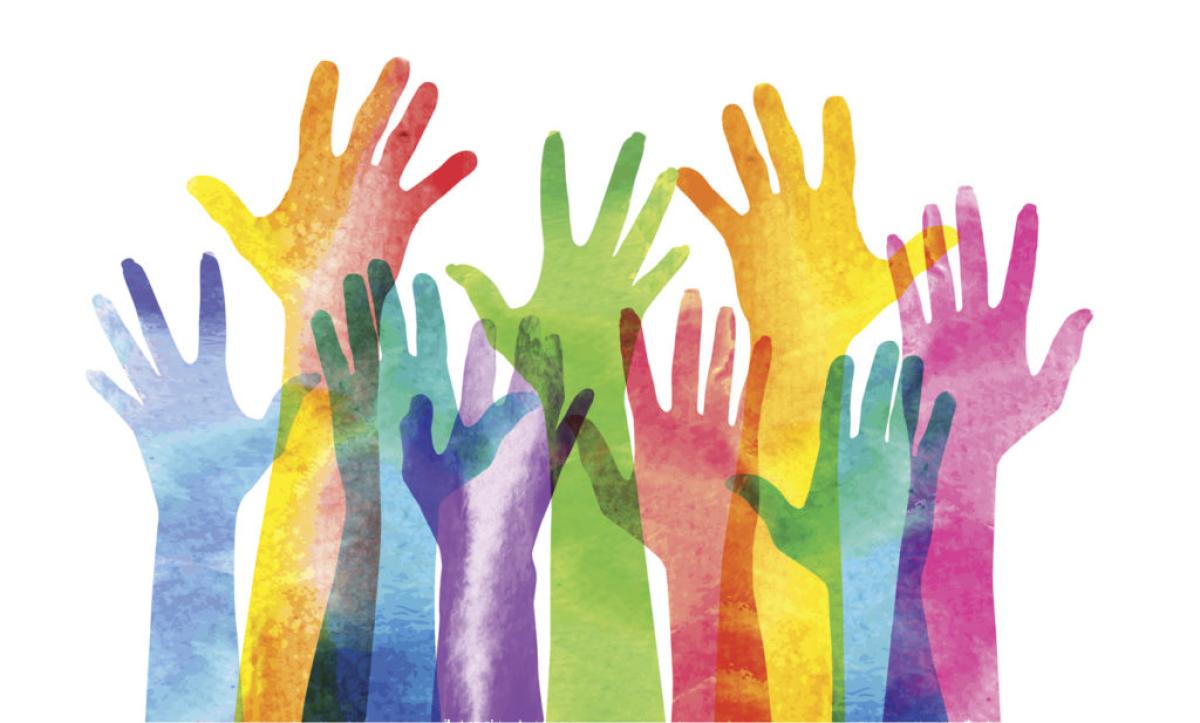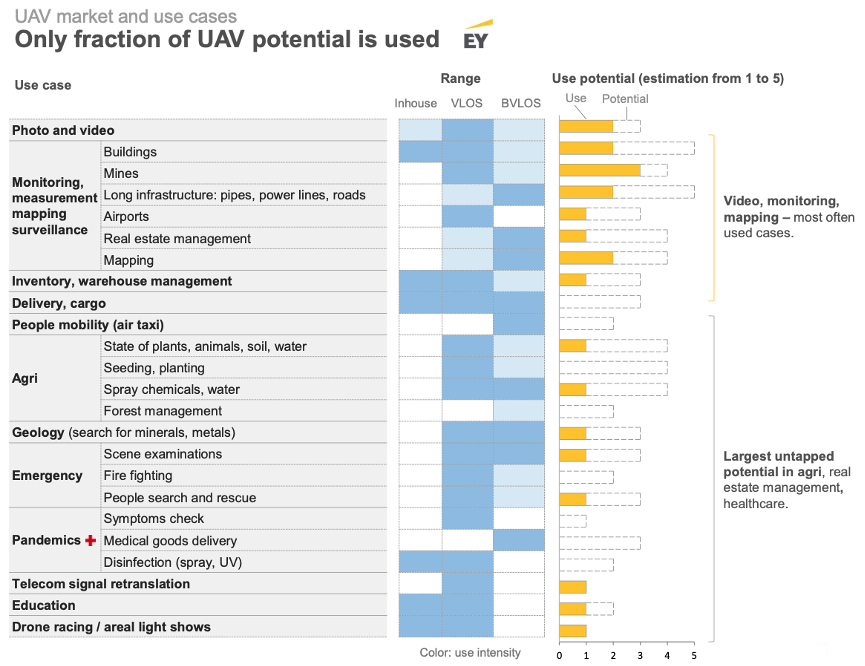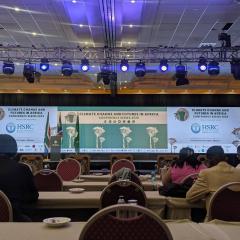
Technology's Most Important Question: Not What, Not How, But Who?
February 16th, 2021

A leading expert on innovation in the drone technology industry recently wrote, "we are on the very edge of exponential growth in the drone industry, and it has the potential to transform our lives for the better. That's got to be a goal worth working towards." This is a bold, positive statement and one with which we very much agree. Today, the drone industry is where the mobile phone industry found itself 14 years ago, just before the iPhone's launch, which transformed entire sectors. So the next 14+ years of the drone industry will be full of opportunities. There are definitely good reasons to be excited and hopeful.
 Image credit: EY
Image credit: EY
But there's a catch.
When we read, "we are on the very edge of exponential growth in the drone industry, and it has the potential to transform our lives for the better," the critical question is, who? 'Who' is living on the edge of exponential growth? 'Whose' lives will be transformed for the better? 'Who' will lead this transformation? 'Who' has access to the exponential technologies? 'Who' can advance their career from this transformational change?
The majority of discussions related to the use of emerging technologies in humanitarian action focus on the what's and how's: what new technologies to use and how to use them. In contrast, little to no time is spent talking about who: who gets to use these technologies? Who gets to be the expert? Who really benefits from the use of these technologies? This is true regardless of whether the discussions are part of a panel, workshop, conference, policy report or blog post. Time and time again, you'll find that the vast majority of these discussions focus on the technologies themselves and how they work, while little—if any—time is dedicated to who gets to use these technologies in the first place. It's almost like the "who" is implied—foreign technical experts—and thus not worth discussing. This mindset largely holds true across the social good sector, not just in humanitarian circles. There are many problems with this mindset.
So we have foreign experts deploying to humanitarian disasters with all the emerging technologies while affected communities standby as passive observers, at best. At worst, they're asked to hold the umbrella, so the White pilot stays dry while flying his drone. There's typically no knowledge exchange or technology transfer whatsoever. And when there is—the exception rather than the rule—it is still foreign technical experts leading these efforts. But the world doesn't need more training or projects led by foreign technical experts. A lot of the expertise already exists in Africa, Asia, and Latin America. These experts are already leading. International organizations only need to provide them the resources and get out of the way. Let local experts lead.
This explains why local experts across the Flying Labs network take the lead on in-country training and projects rather than WeRobotics. A significant amount of expertise already exists across the Flying Labs network. Our primary role within this network is enabling knowledge exchange between Flying Labs, facilitating technology transfer from industry to Flying Labs, driving opportunities to local experts across Flying Labs, and expanding Flying Labs' visibility in the process. Plenty goes on behind the scenes to shift power with local experts. We're also working closely with the Flying Council to co-create an independent and locally-led legal entity that will take on the core responsibilities of WeRobotics. This process has already begun and the timeline is being determined by the Flying Council rather than WeRobotics.
It's far easier to keep the discussions limited to the 'what' and 'how,' rather than then expanding them to include the 'who.' The "what" and "how" are all about optimizing technical solutions and carrying out technical evaluations to generate best practices and lessons learned. But asking "Who?" gets to the heart of the matter as it brings up issues around power, historical injustice, systemic inequality, and more. We can keep throwing technologies top-down at humanitarian problems, but if we want to improve the social good impact of exponential technologies, then we need to shift the power with local experts. This is ultimately about social justice, not technology.
In sum, emerging technologies won’t resolve long-term historical inequalities, social injustice, discrimination and racism. Instead, historical inequalities, social injustice, discrimination and racism significantly constrain the equitable use and positive social impact that emerging technologies can have through locally-led projects. This has serious negative consequences that affect us all, so it behooves us to begin all our social good questions with "Who?" rather than "what" or "how".
Recent Articles

